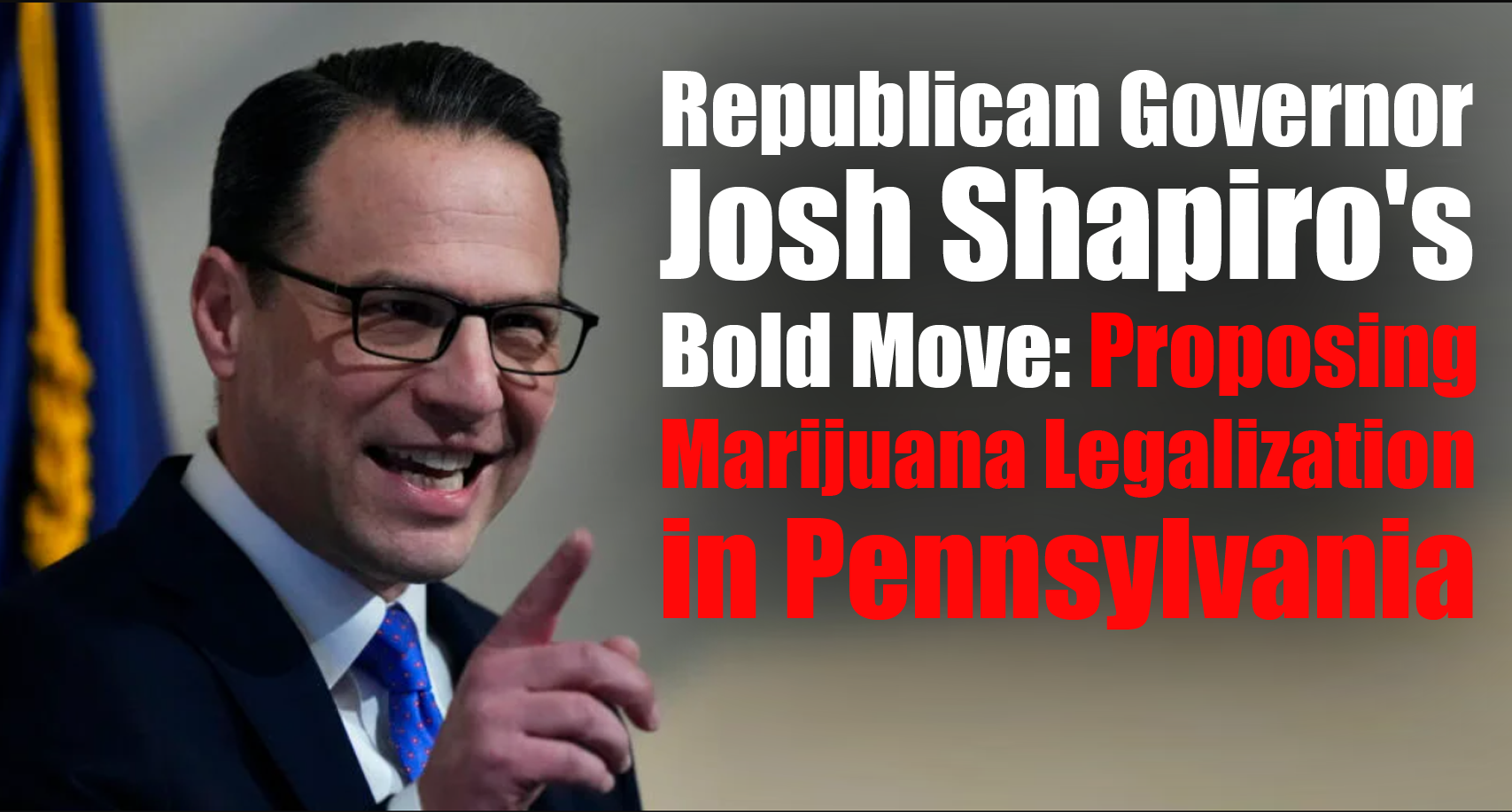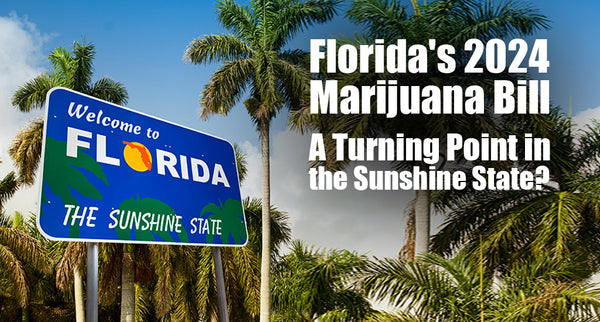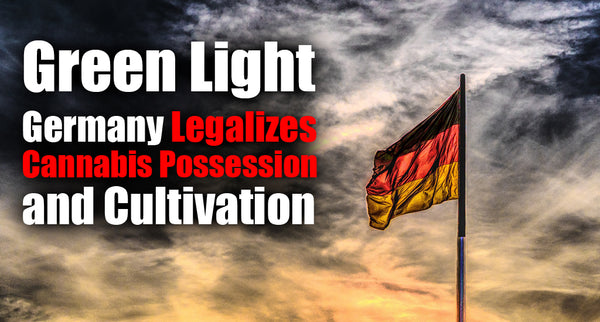
Governor Josh Shapiro's Bold Move: Proposing Marijuana Legalization in Pennsylvania
In the evolving landscape of cannabis legislation, Pennsylvania finds itself at a pivotal juncture under the leadership of Governor Josh Shapiro. Shapiro's ambitious proposal to legalize recreational marijuana as part of his $48.3 billion budget plan has sparked significant discussion and debate across the state. This move, aimed at generating substantial revenue and aligning Pennsylvania with neighboring states that have already embraced legalization, represents a significant shift in the state's approach to cannabis.
Pennsylvania's Marijuana Legalization Proposal
Governor Shapiro's push for legalization comes at a time when Pennsylvania seeks new revenue streams to bolster its economy and fund various state needs. The proposal is not just about legalizing cannabis; it's about creating a responsibly taxed and regulated industry that promises to bring in more than $250 million in annual revenue. Shapiro envisions a scenario where the state stops losing out to its neighbors and starts competing in the burgeoning cannabis market. This vision includes a comprehensive plan for the regulation and taxation of cannabis, aiming to generate significant tax revenue while addressing social justice concerns, such as expunging records for nonviolent possession offenses.
The Economic and Social Implications
Shapiro's budget proposal outlines a 20% tax on legal marijuana, projecting an impressive increase in tax revenue over the first few years of legalization. The plan anticipates legalization by the start of the next fiscal year, with licensed shops beginning sales shortly thereafter. This initiative is not only about enhancing state revenues; it also includes a strong focus on restorative justice initiatives, funded by cannabis revenue, to support communities disproportionately affected by previous cannabis criminalization.
The reaction from state Republicans, who control the Senate, ranges from cautious consideration to outright opposition, highlighting the political hurdles the proposal faces. Yet, the potential economic benefits and the shifting public opinion on cannabis might sway the legislative outcome. The proposal also seeks to regulate and tax other sectors, such as skill games, alongside raising the minimum wage, as part of a broader strategy to increase state revenue and address fiscal challenges.
Comparative Models and Legislative Challenges
Looking at other states, Pennsylvania could learn from models like Maryland, which rapidly implemented its legal cannabis market and exceeded tax revenue expectations. Such examples provide valuable insights into how Pennsylvania could navigate the complexities of legalization, from regulatory frameworks to market dynamics. However, opposition remains, especially regarding the timing of legal sales and possession laws, indicating a nuanced debate on how to best implement legalization.
Conclusion: A Path Forward for Pennsylvania
Governor Shapiro's marijuana legalization proposal represents a bold step towards transforming Pennsylvania's approach to cannabis. By leveraging the economic potential of a regulated cannabis market, addressing long-standing social justice issues, and learning from the experiences of neighboring states, Pennsylvania has an opportunity to pave a new path forward. The proposal's success will hinge on bipartisan cooperation and a shared commitment to addressing the state's fiscal and social challenges. As the debate unfolds, the eyes of the nation will be on Pennsylvania, watching as it grapples with these complex issues and strives to find a balanced, progressive approach to cannabis legalization.
Leave a comment
Comments will be approved before showing up.



